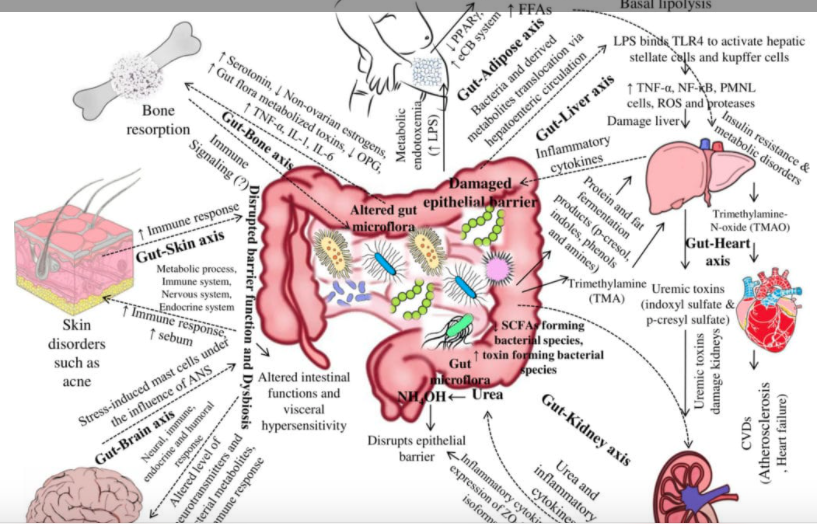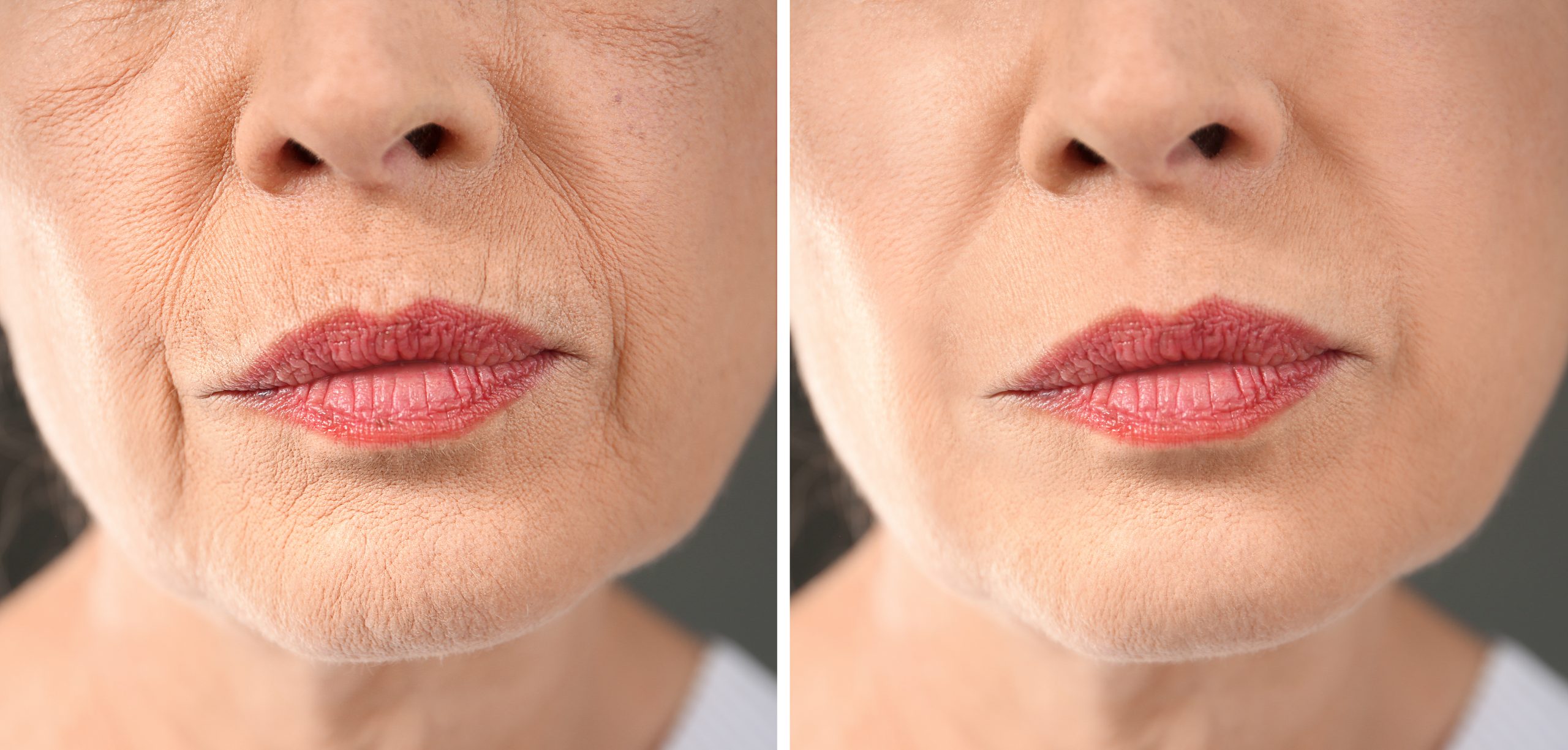
Do You Need Vit D ?
Vitamin D is an essential micronutrient with a central role in maintaining health. We need daily sun exposure to support the natural production of vitamin D in our skin as one of the best ways to get enough of this vitamin.
Be certain that sun exposure means sun exposure without getting burned.
Like many these days, we have few opportunities to go outside due to work, school or for other reasons, you may be at risk for vitamin D deficiency.
Vitamin D is a fat-soluble vitamin in a family of compounds that includes vitamins D1, D2, and D3. It can affect as many as 2,000 genes in the body.
Uses and Benefits
Vitamin D has several important functions. The most vital are
- regulating the absorption of calcium and phosphorous
- . facilitating normal immune system function. important for normal growth and development of bones and teeth, as well as improved resistance against certain diseases.
- If your body doesn’t get enough vitamin D, you’re at risk of developing bone abnormalities such as osteomalacia (soft bones) or osteoporosis (fragile bones)
- Suppressed immunity: Our innate systems of defense may not function efficiently without adequate vitamin D allowing increased susceptibility to infectious agents.
- helping to reduce your likelihood of developing the flu, according to 2010 research published in the American Journal of Clinical Nutrition
- Increased risk of chronic disease
Low levels of vitamin D have been associated with a higher than normal risk of several health conditions.
- reducing your risk of multiple sclerosis according to a 2006 study published in the Journal of the American Medical Association
- decreasing your chance of developing heart disease, according to 2008 findings published in Circulation
- Decreased your risk of cancer, diabetes, and bowel/digestive imbalances.
- Heightened inflammation: Vitamin D is a key cofactor in regulating inflammation throughout the body.
- Low seratonin levels increase risk of depression and low mood
Beware of “D-ficiency”
Many lifestyle and environmental factors can affect your ability to get sufficient amounts of this vitamin through the sun alone.
These factors include:
- pollution
- use of sunscreen
- spending more time indoors
- working longer hours in offices
- living in big cities where buildings block sunlight
These factors contribute to vitamin D deficiency in an increasing number of people.
That’s why it’s important to get some of your vitamin D from sources besides sunlight.
Food Sources of D :
Although few foods contain vitamin D naturally, some foods are fortified with it, which means that the vitamin is added to the food.
Foods that contain vitamin D include:
- salmon
- sardines
- egg yolk
- shrimp
- milk (fortified)
- cereal (fortified)
- yogurt (fortified)
- orange juice (fortified)





